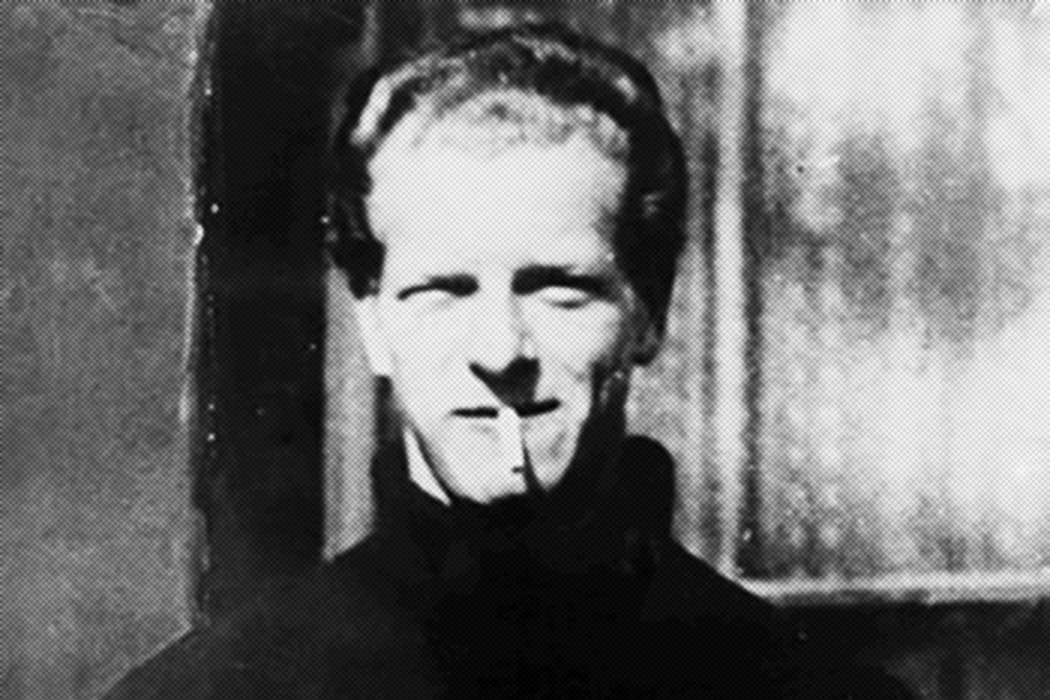More than seven decades after Derek Bentley was hung for a crime he did not commit, surviving family members and campaigners came together to lay a wreath at his grave. The commemoration was organised by the legal charity APPEAl! which launched a campaign video to mark the anniversary featuring Christopher Eccleston reprising his role as Bentley in the 1991 film Let Him Have It.
In 1953 Derek Bentley, aged 19, was convicted of the murder of PC Sidney Miles and sentenced to death. It is the most infamous example of the use of joint enterprise law. Bentley was found guilty despite neither possessing nor firing a gun and giving himself to the police without violence. His co-defendant Christopher Craig, who fired the gun, was too young to be executed and served only 10 years in prison. The police officer is said to have asked Craig to hand over the gun and the prosecution case rested on the ambiguous words he allegedly spoke – ‘Let him have it, Chris’ – interpreted by the court as an incitement to murder.
Bentley was one of the last men in Britain to be sentenced to the death penalty and the furore over the case contributed to its abolishment. His conviction was eventually quashed in 1998, after years of campaigning by his father and sister.
On Tuesday this week a brief ceremony was lead by Bentley’s niece Maria Bentley Dingwall beside his grave in Croydon cemetery. Others present were Emily Bolton, director of APPEAL, families from the campaign group JENGBA and campaigner Bruce Kent, member of Progressing Prisoners Maintaining Innocence. Maria proclaimed they were joined in their determination to keep the case in public memory, ‘lest we forget the miscarriages of justice that still occur today’.

Bruce Kent and Maria Bentley Dingwall at Derek Bentley’s grave this week
Flowers laid at the grave carried messages from the group Bound by Injustice, families of prisoners represented by APPEAL. One read ‘For Derek Bentley and all others who have suffered injustice at the hands of the system R.I.P and we will continue to fight the good fight in your name’ (Ashley Artman). Abigail Wheatcroft, from APPEAL, said the occasion was a reminder of the widespread impact of miscarriages of justice on families across generations; ’so many lives are lost when the system gets it wrong’.
 Bentley’s case is regarded as one of the most infamous uses of the legal doctrine of ‘Joint Enterprise’. Gloria Morrison, founder of JENGBA, who are currently supporting thousands of prisoners serving life sentences says, ’unfortunately people do not realise how frequently joint enterprise is still being used today in our courts and children as young as 13 are being given life sentences for crimes they did not directly commit.’ Morrison adds, ‘Joint Enterprise is and was a stain on the British Justice system and needs abolishing or Derek’s pardon will have been in vain.’
Bentley’s case is regarded as one of the most infamous uses of the legal doctrine of ‘Joint Enterprise’. Gloria Morrison, founder of JENGBA, who are currently supporting thousands of prisoners serving life sentences says, ’unfortunately people do not realise how frequently joint enterprise is still being used today in our courts and children as young as 13 are being given life sentences for crimes they did not directly commit.’ Morrison adds, ‘Joint Enterprise is and was a stain on the British Justice system and needs abolishing or Derek’s pardon will have been in vain.’
The system didn’t listen… and it’s still not listening
 Christopher Eccleston, who played Derek Bentley in the film Let Him Have It, revisited the role in a video supporting APPEAL. Eccleston plays a wrongfully convicted prisoner facing a similar plight today.
Christopher Eccleston, who played Derek Bentley in the film Let Him Have It, revisited the role in a video supporting APPEAL. Eccleston plays a wrongfully convicted prisoner facing a similar plight today.
‘My career was built on Derek’s scaffold. It was an honour to play Derek in Let Him Have It back then, and doing this campaign clip for APPEAL felt like a natural extension of that. The system did not listen to Derek then and it is still not listening to people like him today.’
Christopher Eccleston
This week’s anniversary ‘reminds us that wrongful convictions are inevitable, and that when they occur, we do not have unlimited time to set them right’, said APPEAL founder Emily Bolton. ‘At APPEAL, the prisoners we represent have only one life, and that life has been stolen from them by a criminal justice system that is in denial about its mistakes. The Court of Appeal needs to treat these cases as emergencies, so that there are no more ‘Victims of British Justice’, as Derek Bentley is described on his gravestone.’







